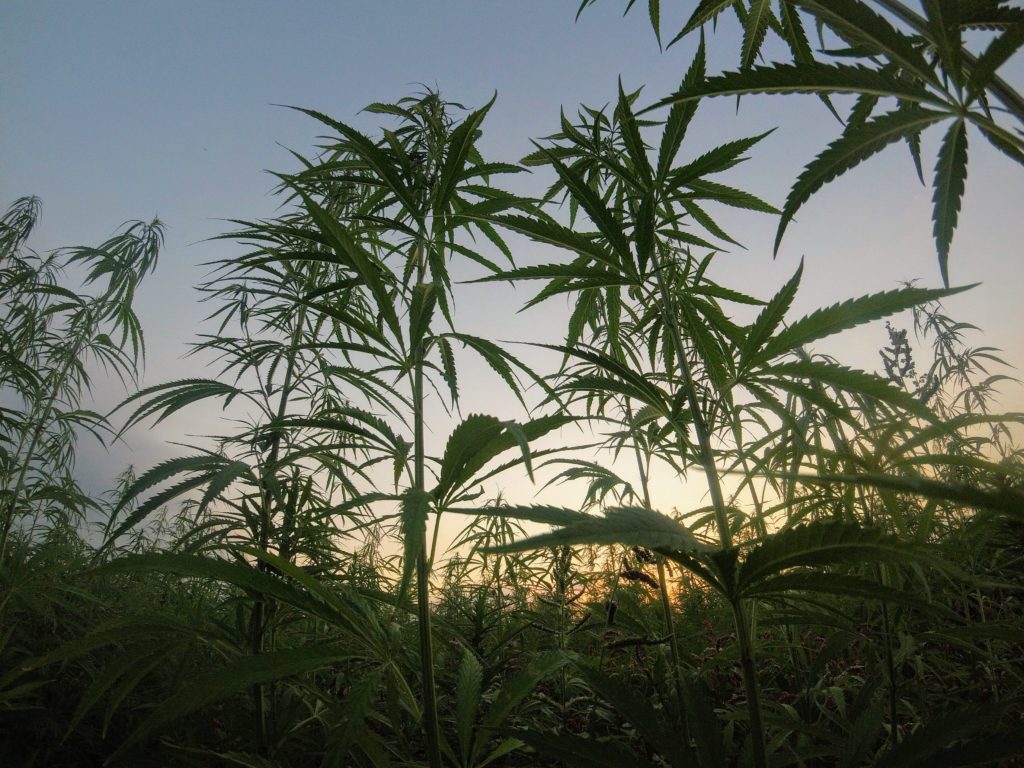Latin America’s hemp and cannabis industries are starting to bud. But savvy investors, as one Uruguayan investment company head demonstrates, have their eyes and wallets on consumer products and other final stage production ventures, where the real revenue is at. While not every Latin American country’s cannabis industry is ready to bloom, certain players show growing promise!
Cannabis will be ‘in everything’ in Latin American Business


As the global cannabis market matures rapidly, the turnaround of one Uruguayan company shows how the Latin American cannabis market is quickly moving away from simply growing the plant and toward higher-value consumer goods such as creams and cereal bars.
Curious about the growing world of cannabis production and products? Want to stay up to date with Latin American and global hemp news? Download our companion Hemp.IM app today!
Success Stories for Some Latin American Cannabis Entrepreneurs
Cannabis Company Builder, a Latin American cannabis-related startup incubator that helps entrepreneurs launch their brands, is investing to develop medical, cosmetic, pet care and nutritional products in Latin America. It aims to invest in 50 companies next year, up from 22 currently, and CEO Andres Israel wants an increasing percentage of them to create branded products.
“Too much money is being invested in the area of cultivation, which to me is not the future of the industry,” Israel, 34, said in an interview at his Montevideo office.
His current group of companies includes cosmetics maker Be Fresh Blends, cereal bar producer Upstairs Food and a company developing a cannabis supplement for dogs. CCB, as his company is known, is also negotiating a minority stake in a project to make cattle feed from hemp, he said. His company avoids the recreational marijuana market and products that get users high to concentrate on consumer products.
The Real Latin American Opportunity is in the Products
Whether buying existing brands or starting from scratch, Latin American cannabis companies such as CCB and Colombia’s Flora Growth Corp. are turning to the derived product market in the expectation that it will be more profitable than commodities such as dried cannabis flower. Flower accounted for 97% of Uruguay’s $7.5 million cannabis exports last year. So for Latin American companies that can overcome regulatory and production hurdles to turn cannabis into products, the opportunity is huge.
“Anything that involves creating end products is where I see an opportunity,” said Israel, who previously co-founded logistics firm Gurucargo and cosmetics brand Canabizzz.
Lack of Legal Certainty Hobbles some Latin American Cannabis Hopefulls
Israel thinks cannabis investors favor Latin American countries where stability and rule of law are strong, such as Uruguay, which was the first country to legalize most marijuana use in 2013, and Chile. Colombia, which has favorable regulations and excellent growing conditions, could become a major exporter if it can address investor concerns about political risk, he said.
Nearly three-quarters of CCB’s companies are Uruguayan, although many of its founders come from Brazil, South Africa and other countries. Chile has yet to pass legislation authorizing cannabis exports, but that has not stopped Israel from entering into negotiations with three companies there.
“Chile can provide the legal and political stability to develop a solid industry like Uruguay did,” Israel said. “The main bottleneck is not being able to export.”
A Blooming Business and Investment Environment
Founded by Israel and two other partners in February, CCB offers cannabis companies services including licensing, branding and legal assistance in exchange for a 5% to 10% stake.
CCB raised US$500,000 in seed capital from investors including Argentina’s largest pharmaceutical companies and Ruben Sosenke, co-founder of delivery app PedidosYa. The deal valued the company at about US$4.5 billion when it closed in June, Israel said. He expects CCB to be profitable in March or April, when its businesses will start generating revenue and earnings.
Shareholders are planning a series A financing round in the first half of next year that will allow CCB to increase ownership of its portfolio companies ahead of a possible initial public offering in mid-2023, he said.
(Featured image by Matteo Paganelli via Unsplash)
DISCLAIMER: This article was written by a third-party contributor and does not reflect the opinion of Hemp.im, its management, staff or its associates. Please review our disclaimer for more information.
This article may include forward-looking statements. These forward-looking statements generally are identified by the words “believe,” “project,” “estimate,” “become,” “plan,” “will,” and similar expressions. These forward-looking statements involve known and unknown risks as well as uncertainties, including those discussed in the following cautionary statements and elsewhere in this article and on this site. Although the Company may believe that its expectations are based on reasonable assumptions, the actual results that the Company may achieve may differ materially from any forward-looking statements, which reflect the opinions of the management of the Company only as of the date hereof. Additionally, please make sure to read these important disclosures.
First published in yahoo a third-party contributor translated and adapted the article from the original. In case of discrepancy, the original will prevail.
Although we made reasonable efforts to provide accurate translations, some parts may be incorrect. Hemp.im assumes no responsibility for errors, omissions or ambiguities in the translations provided on this website. Any person or entity relying on translated content does so at their own risk. Hemp.im is not responsible for losses caused by such reliance on the accuracy or reliability of translated information. If you wish to report an error or inaccuracy in the translation, we encourage you to contact us.



Comments are closed for this post.